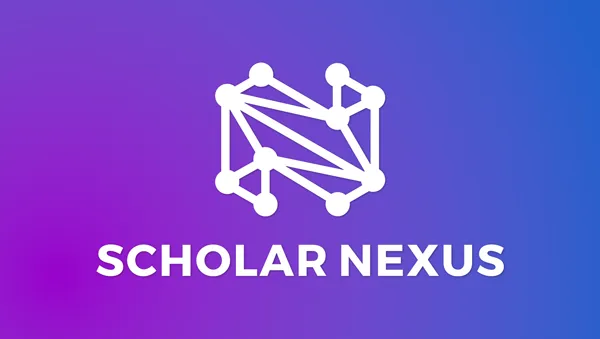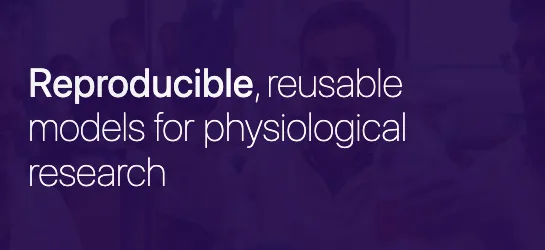Curvenote Raises $1.4M Seed Round to Power the Future of Modular Scientific Communication
YC-backed company is building sustainable, interoperable tools for open science with a focus on reusable interactive content, computational workflows, and long-term infrastructure.
July 2, 2025—Calgary, Canada—Curvenote, a company developing systems to power the future of scientific communication, has raised $1.4 million in seed funding. Backed by Y Combinator and a network of aligned investors, the round fuels a quiet but powerful shift already underway in the research world: a move toward modular, interactive, and sustainable ways of sharing knowledge.
A new generation of infrastructure is taking shape—one built to reflect how science actually happens today. Curvenote is part of that momentum, offering researchers, institutions, and societies a stable foundation to participate in what’s next.
Curvenote reimagines how scientific content is created and shared—making code, data, and computational work visible, collaborative, and seamlessly integrated into the research narrative. The platform integrates with existing tools like Jupyter and MyST to support dynamic writing, interactive outputs, and seamless collaboration—bridging the gap between computational workflows and the final research narrative. With built-in support for persistent identifiers (DOIs, ORCIDs, RORs, RRIDs, etc.), Curvenote ensures all content types remain citable, trackable, and part of the scholarly record from the start.
"Science is built in pieces like models, data, methods, protocols, code, but it’s still communicated in static formats,” said Rowan Cockett, CEO and co-founder of Curvenote. “We’re building tools that reflect how research really works: modular, interactive, and reusable.”
With remixing built in—not bolted on, Curvenote enables seamless reuse of figures, code, data, and text across notebooks, manuscripts, and reports, all while preserving context and connection. Scientific content becomes a set of living, version-controlled building blocks that can be updated, reused, and cited throughout the research lifecycle.
A core part of Curvenote’s mission is supporting the broader open-source and open-science ecosystems. The company is a core contributor to MyST Markdown, an emerging standard for computational publishing and documentation. With this funding, Curvenote will deepen its investment in open standards and community-led standards.
“We see ourselves as part of a broader movement to make scientific communication more open, flexible, and interoperable,” said Steve Purves, CTO of Curvenote. “Contributing to shared infrastructure like MyST is essential to that future.”
Curvenote is transforming the business model of scholarly publishing by reducing financial barriers and eliminating volume-based article processing charges (APCs). Rather than relying on per-article fees or unstable grant cycles, Curvenote offers a scalable, sustainable model with fair and predictable costs. This approach empowers institutions, societies, and research groups to publish more frequently and openly.
The CAD$1.4M seed round includes investment from a network of angel investors focused on scientific infrastructure and open technology, alongside researchers and founders who believe that science needs emerging innovations. While many institutions feel trapped by legacy systems, the future of scientific communication is already taking root, one built on openness and interoperability.
With this support, Curvenote is expanding its infrastructure, strengthening community partnerships, and doubling down on its vision: to make scientific knowledge modular, discoverable, and enduring. Built for reuse, not just release.
About Curvenote
Curvenote is built by researchers, for researchers, delivering modular, interactive scientific communication across platforms and formats. With seamless integration into open-source tools like Jupyter and MyST Markdown, Curvenote is a Canadian-based, global company supporting next-generation research workflows—from individual researchers and collaborative teams to preprint servers, academic societies, and open infrastructure initiatives. Backed by Y Combinator, Curvenote is committed to building sustainable, interoperable systems that support the future of open science.
For press inquiries or interviews, contact:
Heather Szpecht
press@curvenote.com





